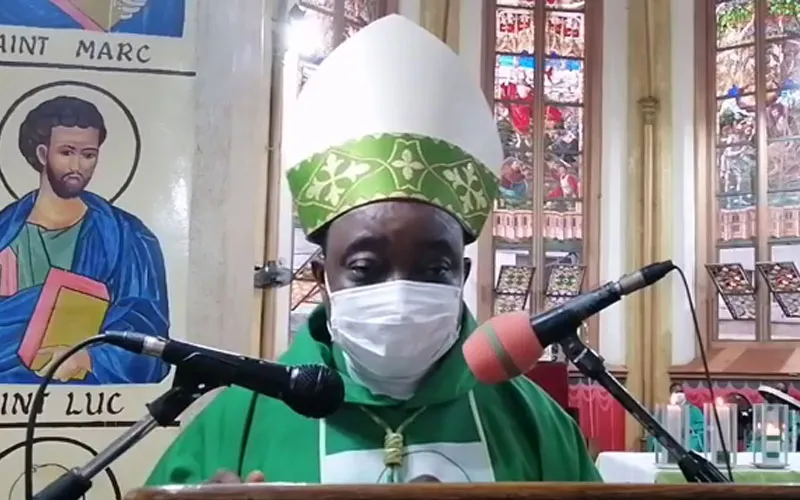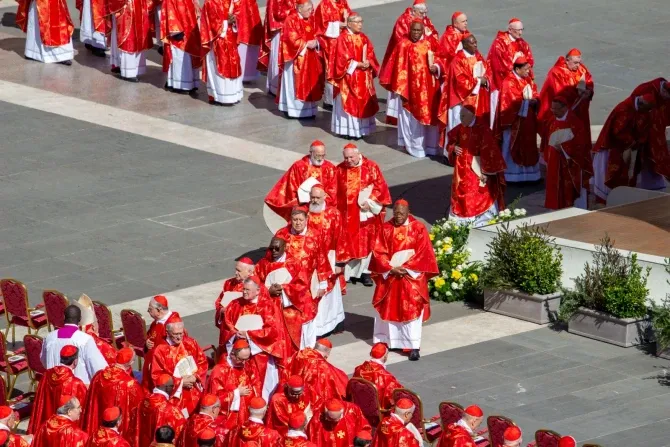Lome, 18 January, 2022 / 9:04 pm (ACI Africa).
A Catholic Archbishop in Togo has called on followers of Christ to use the Week of Prayer for Christian Unity not only to pray for unity but also to accompany the initiative with concrete gestures of love for one another.
Addressing the faithful Tuesday, January 18 during Holy Mass marking the start of the annual prayer initiative, Archbishop Nicodème Anani Barrigah-Benissan said, “Our week of prayer must not stop at the Church. It must come down to our homes, our workplaces and everywhere we live.”
“That is why the Church strongly recommends that after the prayer for unity, there should also be concrete gestures of love to accompany it,” Archbishop Barrigah-Benissan said.
The Archbishop of Togo’s Lomé Archdiocese added, “We all know that it is easier to pray for unity than to live in unity. We all know that it is easier to recite the Lord's Prayer together than to eat together with someone who belongs to a different Christian denomination.”
“That is why it would be very meaningful for each of us, during this week, to make some gestures that are the transcription of our prayer in the daily life of our community,” the Togolese Archbishop said.








